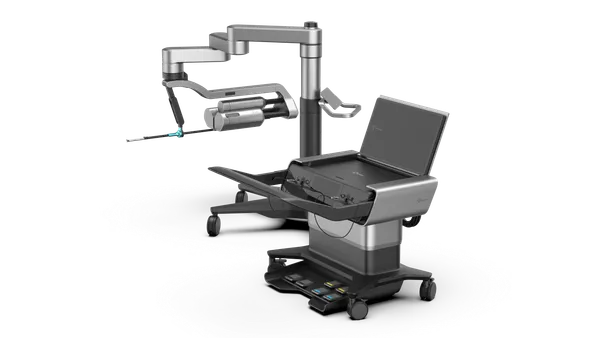Dive Brief:
- CMS late Wednesday proposed significant changes to the Durable Medical Equipment (DME), Prosthetics, Orthotics and Supplies (POS) Competitive Bidding Program (CBP) and Medicare DME fee schedule payments as part of a new proposed rule.
- The agency has not yet begun the process to recompete DMEPOS CBP contracts. As a result, current contracts will cease at the end of 2018 and, starting in January 2019, beneficiaries can obtain DMEPOS items from any supplier until new contracts are awarded. CMS officials told reporters on a call that the proposed changes will take time to implement, noting the typical bidding process of 18-24 months.
- In addition, CMS proposed a new methodology aiming to ensure that new payment classes for oxygen equipment added since 2006 are budget neutral. The agency wants to add payment classes for “portable liquid oxygen equipment only, portable gaseous oxygen equipment only, and high flow portable liquid oxygen contents.” It also proposed new payment rules for multi-function ventilators.
Dive Insight:
CMS Administrator Seema Verma said on the call that the proposed DME changes will result in a more competitive bidding program and build on the agency's May interim final rule for life sustaining DME.
"Under the current system, Medicare pays based on the median bid," she told reporters. "This means that half of the participating suppliers get paid more than what they bid, and half get paid less. The current structure does not produce the best prices for patients, and doesn't drive optimal performance by contractors and it is simply is not sustainable in the long term."
CMS is proposing implementing lead item bidding for DME. Verma used the example of a powered wheelchair, where the agency would only accept bids on the wheelchair and then set prices for its accessories using a scale based on the historic fee schedule, which is based on supplier’s charge data.
"By focusing the bids on a lead item in each product category and establishing prices at the maximum bid, this approach will streamline the bidding process, reduce burden on suppliers and ensure that pricing is accurate," Verma said.
It appears that industry is happy with the direction that CMS is planning to move toward with the proposed rule.
“At first glance, CMS’ new proposals look very promising,” said Tom Ryan, president and CEO of the American Association for Homecare. “It looks like CMS has incorporated significant recommendations from HME stakeholders into the new rule, which should help improve the bidding program. While we look forward to doing a thorough analysis of the rule and sharing our findings with the HME community, it appears that CMS has taken an important step towards stabilizing reimbursement policy for our industry, setting the stage for us to advocate for additional reforms and relief going forward."
A Cowen Washington Research Group research note states that the proposed changes are fairly neutral for major DME manufacturers such as Baxter, Philips Respironics and others.
Verma said that to transition to the revised program, CMS is planning to use a temporary fee schedule using a 50/50 blend of the current competitive bidding schedule and the fee schedule amounts in rural areas. CMS is asking for feedback on whether current payments are adequate in non-rural areas.
"This is designed to improve access to durable medical equipment for beneficiaries," Verma said. "We're hoping this is a better process for the bidders and that it results in more accurate pricing. We hope that will bring more competition and more vendors to the process."
Comments on the proposed rule are due September 10.











